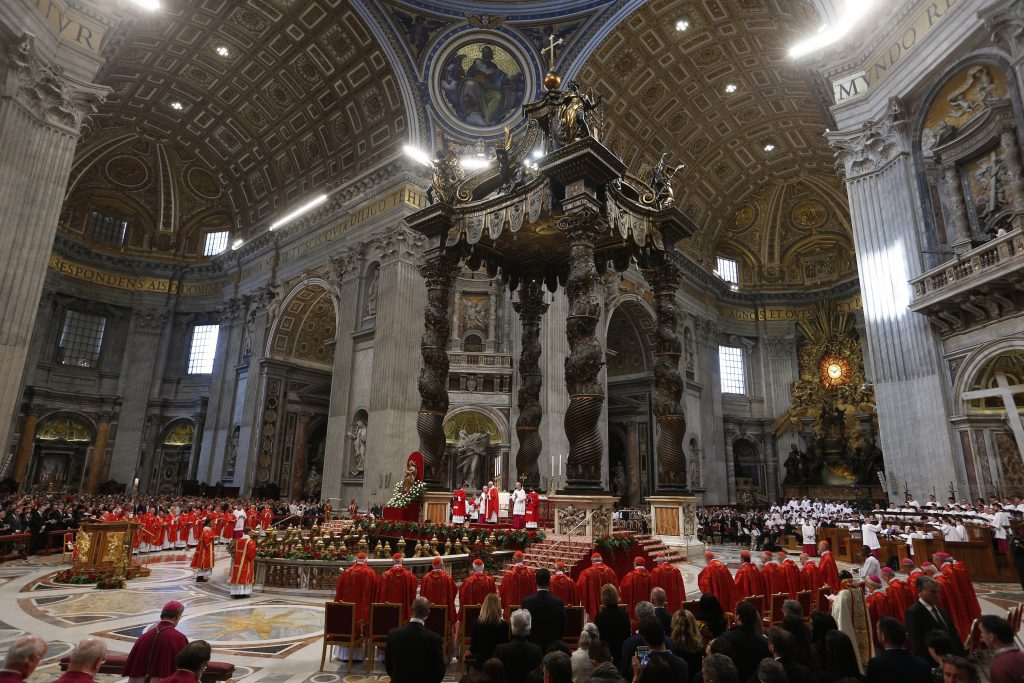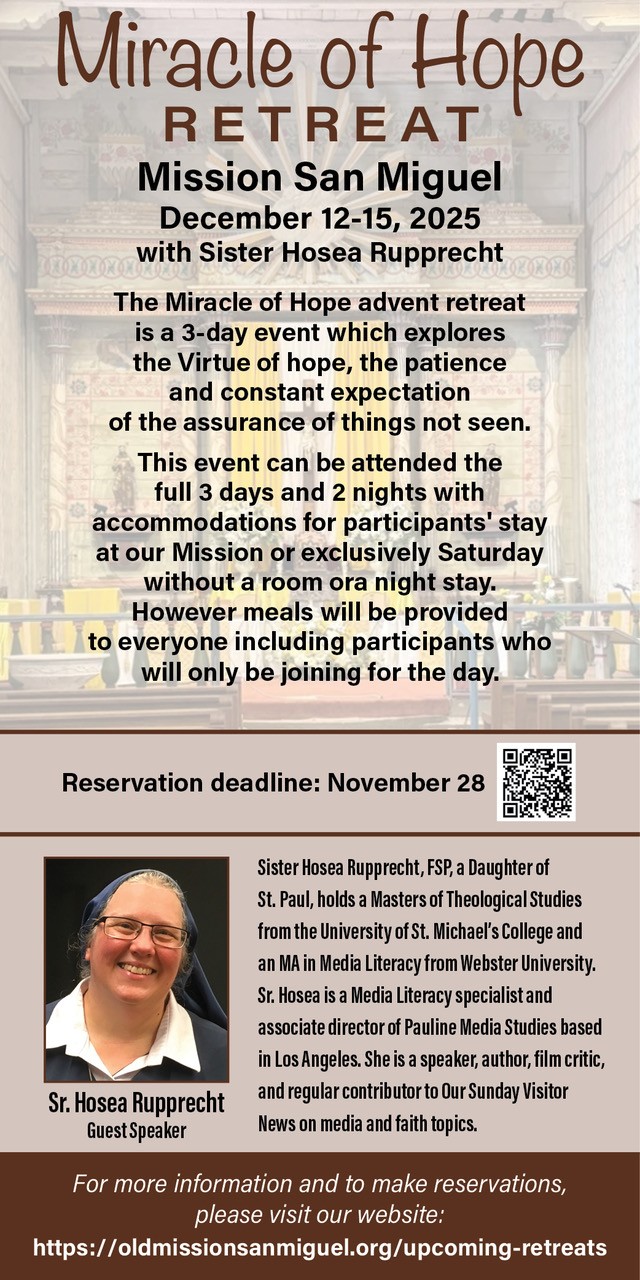“I think the Church is the only thing that is going to make the terrible we are coming to endurable; the only thing that makes the Church endurable is that it is somehow the body of Christ and that on this we are fed.”
Novelist Flannery O’Connor wrote those words to a friend in 1955. A Catholic living in the Protestant South, she knew a thing or two about being a stranger in a strange land. She was also a clear-eyed realist when it came to the Church.
In the wake of recent scandals, I hear more Catholics, even priests, justifying why they don’t leave by saying, “I don’t follow the Church. I follow Jesus Christ.” It is a totally understandable reaction to a great deal of disappointment in some of our leaders. But it misses the fact that we are a Church, a people in communion. We are, as a people, seeking to follow Christ. And we often mess up.
Part of the problem is that we have so little sense of history anymore. If many of us are poorly educated in the teachings of the Church, we are even more poorly educated in the history of the Church.
If we want to dwell on clerical malfeasance, we have centuries of stories about corruption, greed, lust, and careerism often found at the very heart of the Church and among those whose hypocrisy and faithlessness seem a profanation of all the Church should stand for.
Scripture actually prepares us for this gritty truth. Jesus, after all, only had to pick 12 apostles, and one was a traitor. The rest were hardly sterling examples of courage, including our first pope. Any modern-day politician or religious leader would have redacted those parts of the story, but the Church left them in for good reason.
Or look at the Acts of the Apostles: By chapter four, they are all living in community, sharing everything in common. A kind of Bernie Sanders dream, but with halos. Come chapter five, Ananias and Sapphira try to run a scam on the apostles and are struck dead. Utopia doesn’t fly by any quicker than that.
Sexual misbehavior, financial misbehavior, abuse of power and authority: these are nothing new, because sin is nothing new. The devil doesn’t give the Church a pass. He gives it his full attention. And while centuries of hagiographies may fool us into thinking that once upon a time there was a golden age of Catholic leaders and Catholic people, it is not true, it can’t be true, because they were human, too.
None of this should come as a surprise. What is surprising, if we gave it any thought, is how the Church constantly renews itself: new saints, new leaders, new efforts at renewal. It is as if, despite all the ebbs and flows of history, we as a Church with each generation must face our own Good Friday and rediscover our own Pentecost, our own renewal of courage and purpose.
And with each generation, including our own, there are workers in the vineyard — good bishops, selfless priests and deacons, generous women religious, dedicated parents, holy single people — who carry on the work of the Gospel today as they have always done.
For all the stories of sex abusers and shameful bishops we can’t seem to escape, they are not the whole Church. They aren’t even a sizeable fraction of the Church, no matter the impression given by all the headlines.
So we have work to do, just as every generation had before us. It is time to pull up the big-boy pants and get about the task of reform and renewal. Pope Francis and the bishops are trying to move this big and unwieldy institution forward, and the pressure will continue to be on them from us and from others.
Laypeople have a role in this, just as we had a role in the problems. After all, who were the lawyers and psychologists and the fawning sycophants if not laypeople?
A priest friend once had a very difficult time with his religious community. It almost drove him to leave. But instead, he told us, he realized that he had to get back to basics. The basics, he said, were prayer and fasting, Scripture and the sacraments.
This is how we prepare for the “the terrible” that O’Connor saw coming. We turn to the Church because we are both followers of Jesus and members of a community, a communion. We aren’t a bunch of lone rangers toughing it out, but the body of Christ that St. Paul talked about.
Flannery O’Connor knew this to be true when she wrote, “The only thing that makes the Church endurable is that it is somehow the body of Christ and that on this we are fed.”
Greg Erlandson is the president and editor-in-chief of Catholic News Service.
SPECIAL OFFER! 44 issues of Angelus for just $9.95! Get the finest in Catholic journalism with first-rate analysis of the events and trends shaping the Church and the world, plus practical advice from the world’s best spiritual writers on prayer and Catholic living, along with great features about Catholic life in Los Angeles. Subscribe now!

